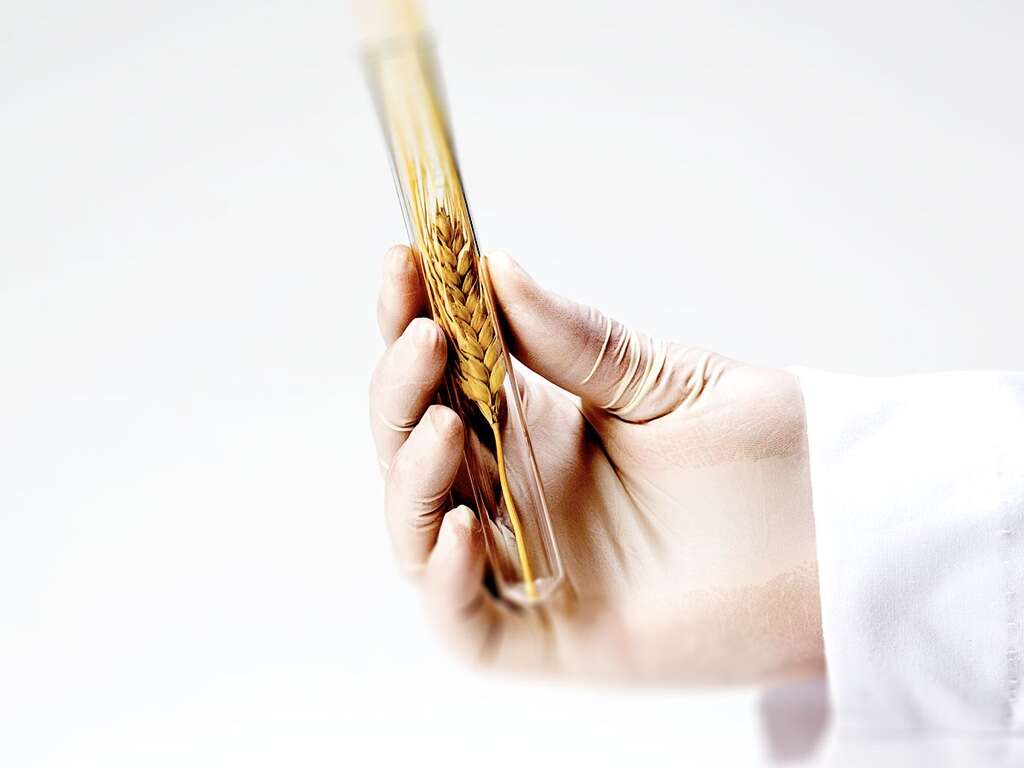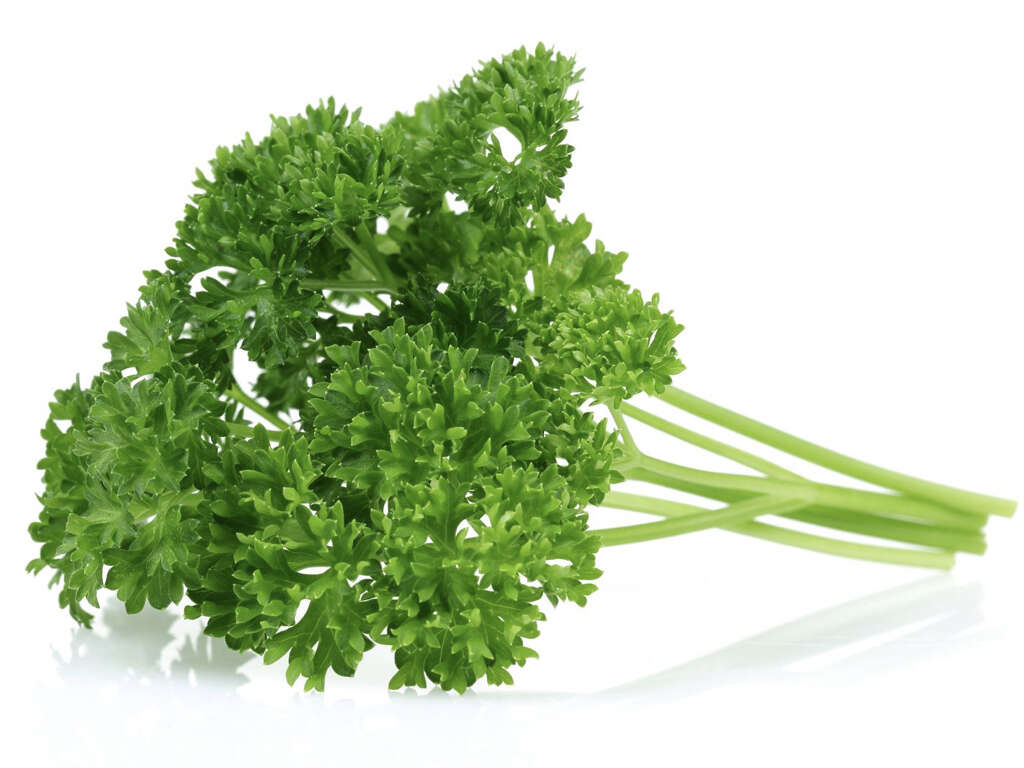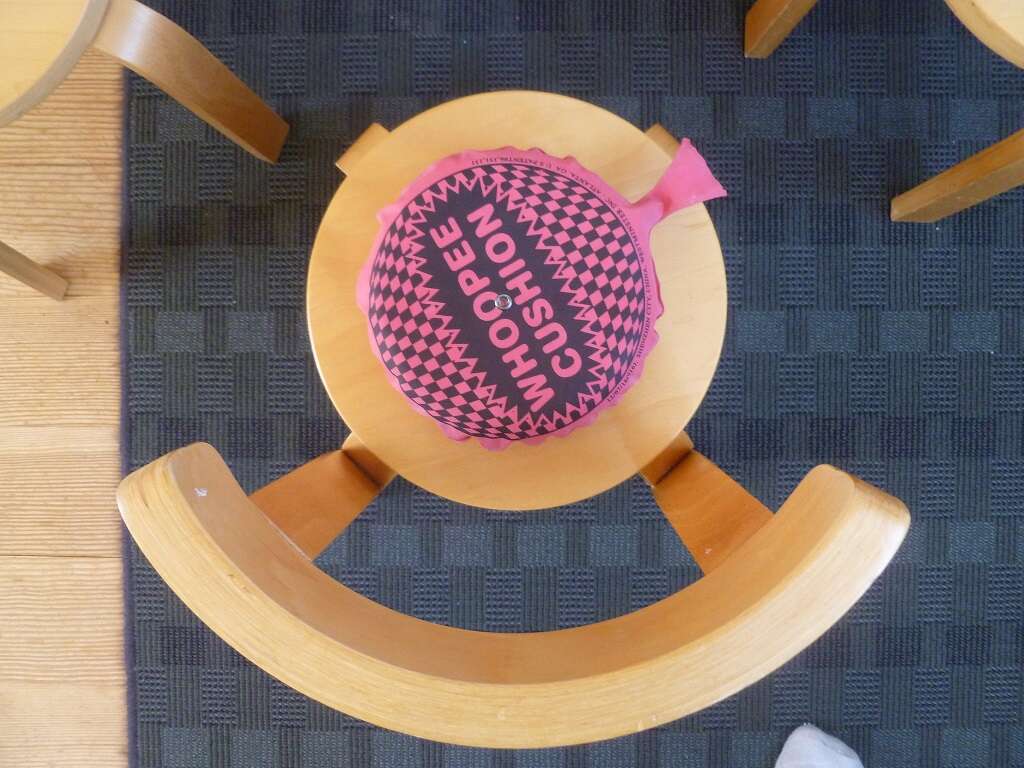10 Foods That Cause Gas
Gas, often called flatulence, is linked to the foods we eat. For instance, certain foods allow different bacteria to thrive and grow. This impacts your gas composition. Everyone experiences gas; however, if it is a chronic excessive instance, it may be a sign of deeper health issues.
The average person passes gas 14 times a day. Most of the time it goes unnoticed. Certain foods are more likely to cause gas then others, such as certain carbohydrates. These foods fall into the FODMAP category: fermentable oligosaccharides, disaccharides, monosaccharides, and polyols.
Gas-causing foods are often poorly tolerated carbohydrates that resist breakdown in the upper GI tract and fuel the bad bacteria in your lower gut. Foods rich in lactose, fructose, and sugar are examples of FODMAPS. This article will highlight some common gas-causing foods.
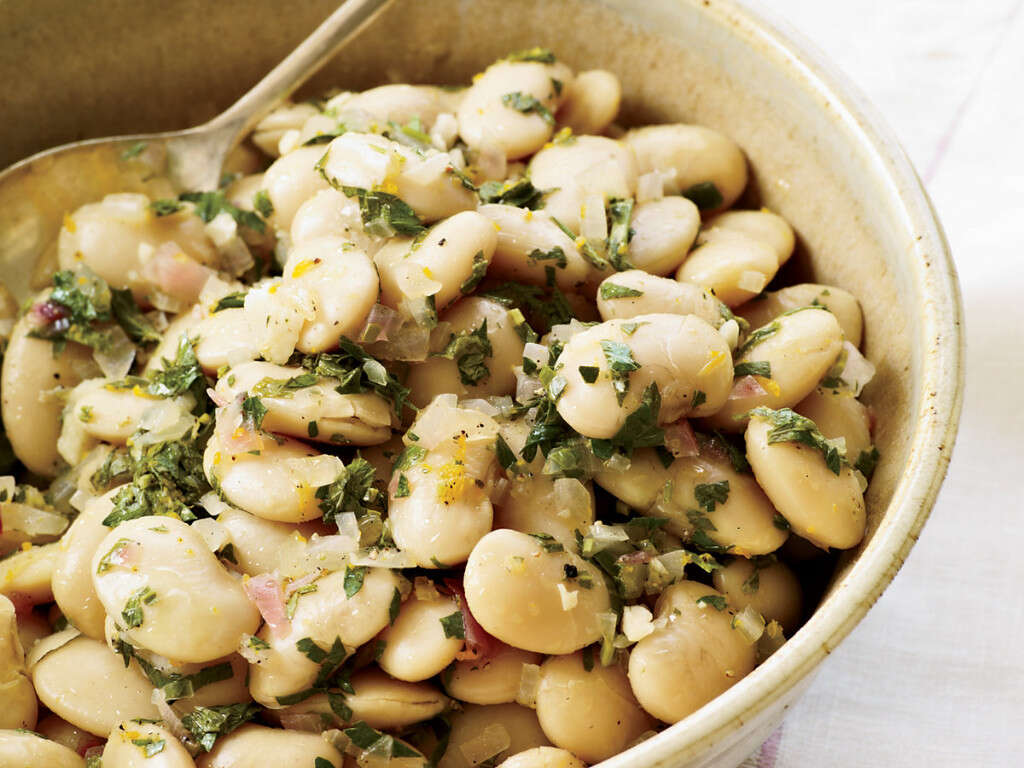
Food #1: Dairy
Lactose intolerance is a very common intolerance that causes gas and intestinal bloating. Lactose intolerance occurs when we don’t possess enough of the lactase enzyme, which is in charge of breaking down the sugar. When we are infants, we possess high amounts of the enzyme. As we age, many of us naturally lose quantities of the enzyme.
When we do not contain the lactase enzyme, lactose travels to the colon in its whole form and ferments. This fermentation causes gas and bloating. Lactose is high in many dairy products such as milk, butter, and heavy cream. Greek yogurt and some cheese have lower amounts of lactose so may be tolerable for some people with a lactose intolerance.
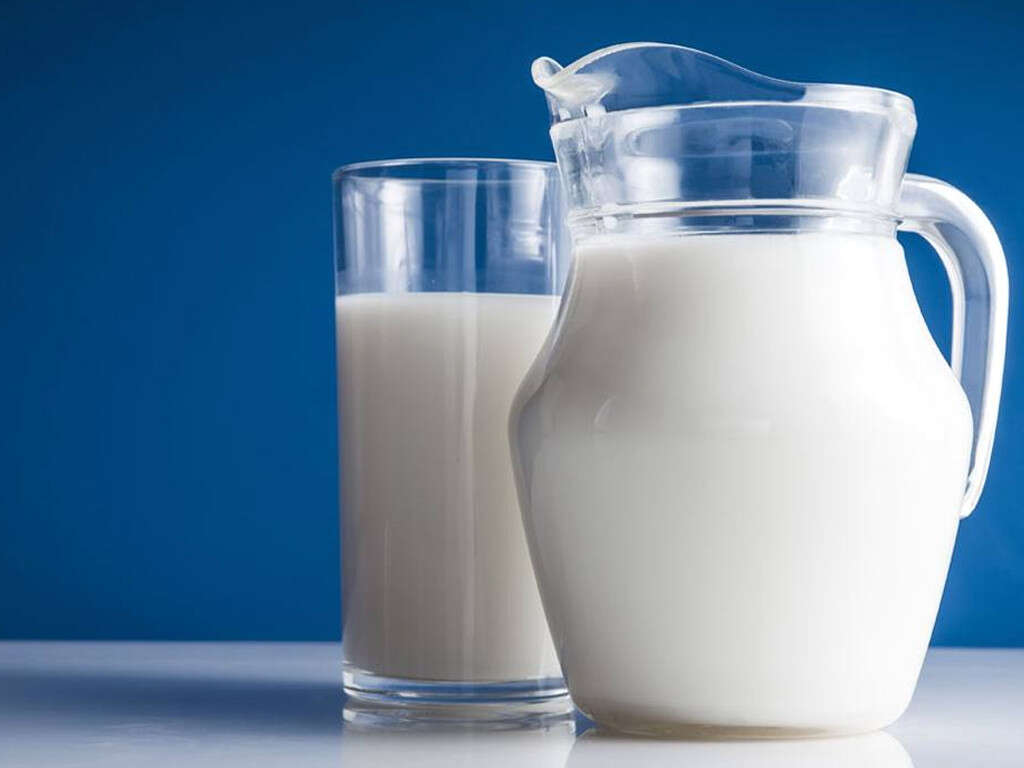
Food #2: Beans
There are several beans in the legume family. Beans have been known for quite some time as gas-causing foods. Beans tend to cause gas because they contain a lot of raffinose. Raffinose is a complex sugar that the body sometimes has trouble digesting. Raffinose passes through the small intestine, undigested, and makes its way to the large intestine. Here, lactose is broken down by bacteria. This breakdown by bacteria releases hydrogen, carbon dioxide, and methane gas. This gas exits through the closest exit, the rectum.
If you really enjoy beans, this does not mean they must be eliminated from the diet. One study found that Beano, an over-the-counter product, is very effective at reducing gas.

Food #3: Sodas
Sodas and carbonated water can cause gas. This is because these drinks can add significantly to the amount of air you swallow. When air gets into your digestive tract, it passes through the mouth or the rectum. This causes burping and gas. In addition, soda is very high in added sugars, which can also cause gas. In fact, a single 12 oz. can of Coke contains 33 grams of sugar. This large amount of sugar could easily lead to bloating and gas. Diet soda can help ease the effects; however, diet sodas still contain carbon dioxide.
To avoid this, swap soda for tea or water without carbonation. This can help reduce gas.
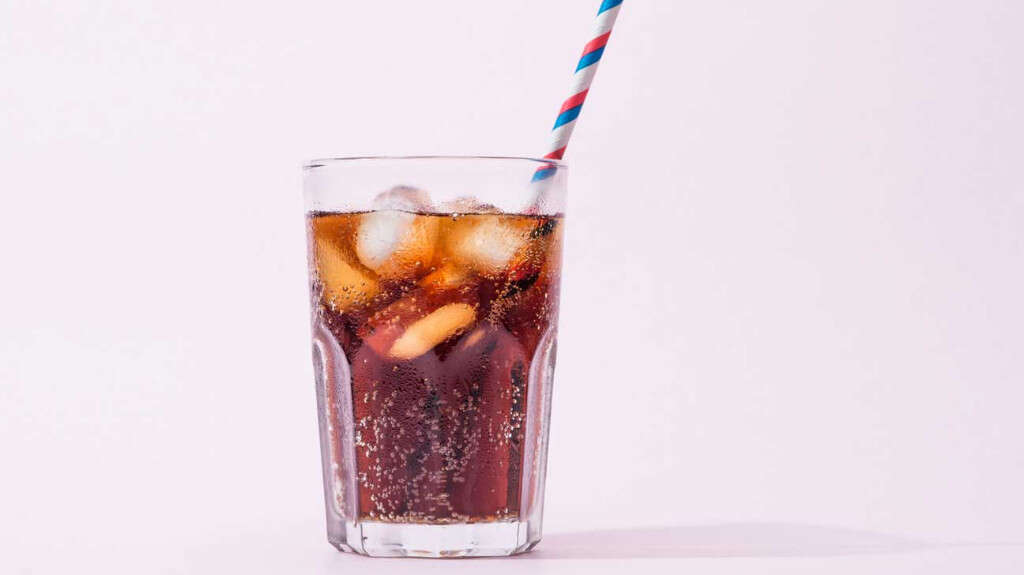
Food #4: Cruciferous Vegetables
Cruciferous is a family of vegetables that include cabbage, broccoli, cauliflower, and bok choy. These vegetables are rich in vitamins and minerals that provide numerous health benefits. However, consuming too much can cause gas. If you have ever eaten too much of one of these vegetables you may have experienced first hand its gas-causing effect.
These vegetables contain fiber, raffinose, and sulforaphane. Sulforaphane is broken down into the sulfurous compounds that are behind foul-smelling farts. However, these sulfurous compounds may also have cancer-preventing effects. Thus, rather than eliminating the food, simply avoid eating the foods raw. Steaming or cooking can help break down tough fibers that can worsen gas.
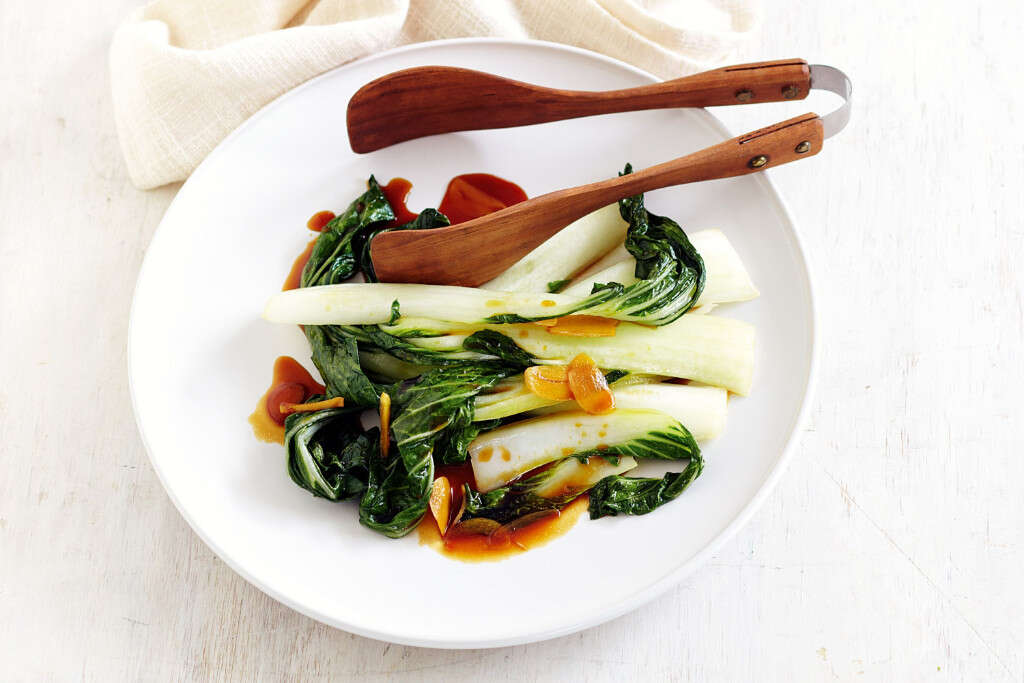
Food #5: High Fructose Fruits
Fructose is a sugar found in fruit. Not all fruits have the same fructose content. Generally, the sweeter the fruit, the higher the fructose content. Unfortunately, fructose is a part of the FODMAP category as fructose is a monosaccharide that is not always well tolerated. Sweeteners such as coconut sugar, fruit juices, and fruits such as apples, cherries, mango, and watermelon can provide an unhealthy amount of fructose. Fructose causes gas because it feeds the gas-producing bacteria in your gut.
Like vegetables, fruits are rich in vitamins and minerals that are linked to preventing cancer. To avoid the effects of high fructose fruits, simply eat in moderation and incorporate low fructose fruits into the diet, such as raspberries and strawberries.
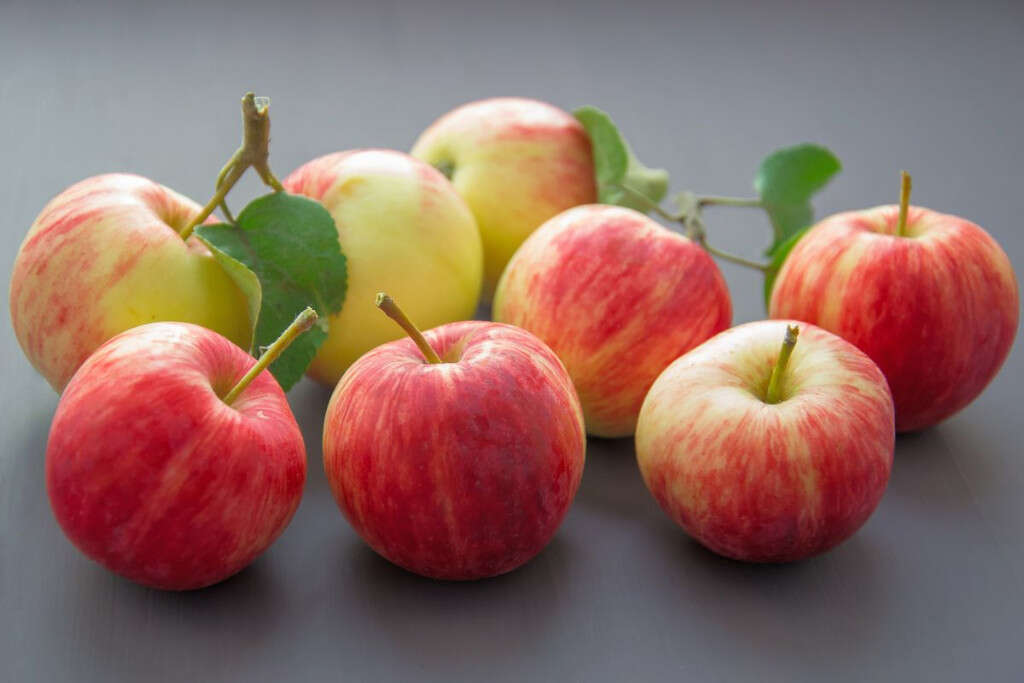
Food #6: Wheat
Wheat has been very controversial over the past few years. So controversial that many people have adopted gluten-free diets to avoid wheat altogether. Despite the several individuals who have decided to eliminate it from their diet, many people still consume wheat. We see wheat in many popular food items such as pizza, tortillas, pastas, baked goods, and even soy sauce. For people with celiac disease, even trace amounts of gluten can cause severe gastrointestinal damage.
Wheat is a major source of fart fuel. It contains fiber, raffinose, starch, and lectins. Lectins in grains have been linked to causing gas as well as inflammation and gut damage.
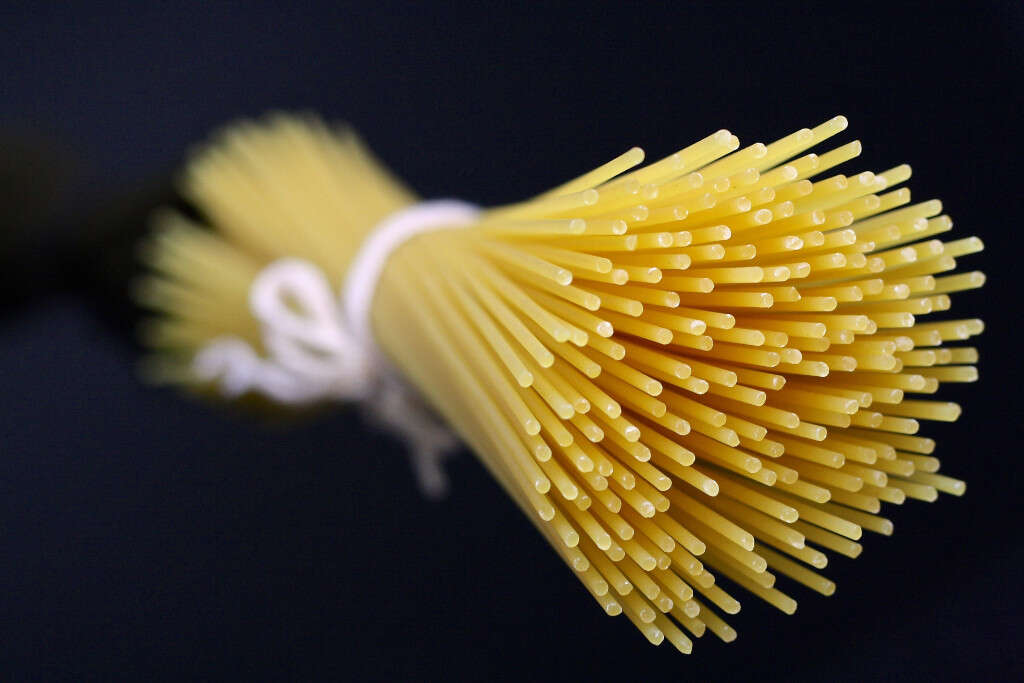
Food #7: Sugar Alcohols
Sugar alcohols are used to replace sugar in many sugar-free foods and chewing gums. Some common sugar alcohols include xylitol, sorbitol, and mannitol. Like many of the foods on this list, sugar alcohols are also FODMAPs. Sugar alcohols tend to cause digestive problems because they reach the large intestine unchanged when the gut bacteria feed on them.
Consuming high amounts of sugar alcohols can cause bloating, diarrhea, and gas. Erythritol is also a sugar alcohol. However, it is easier on digestion. Stevia is also a sugar alcohol that is easier on digestion then the common sugar alcohol. Thus, look for these names on food items when grocery shopping.
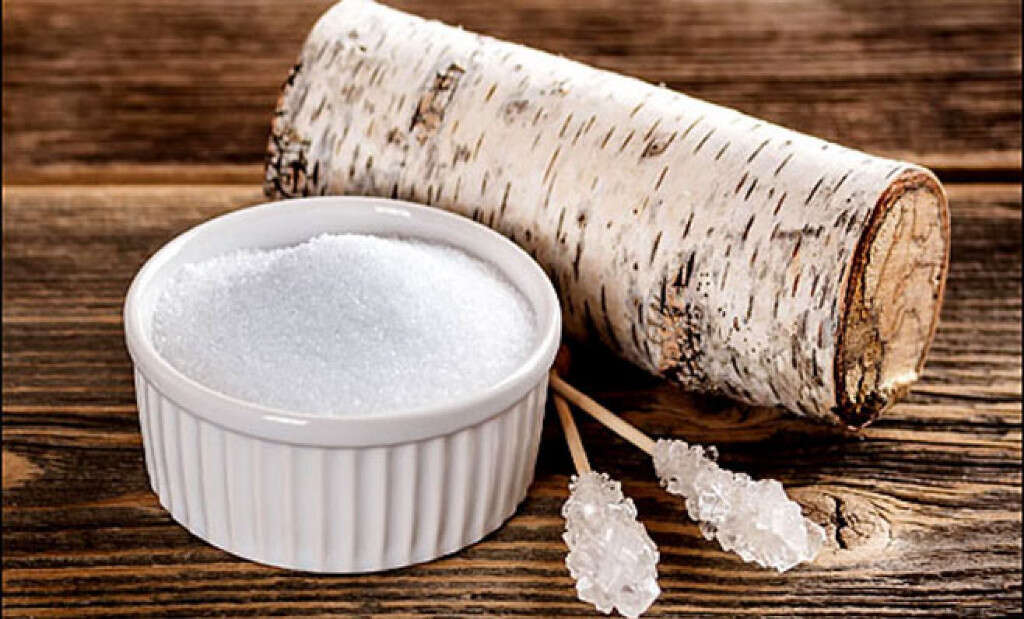
Food #8: Beer
Many of us have probably heard the phase beer belly. I am also sure many of us have experienced a beer belly. Well, beer not only packs on the pounds when consumed in excess, it also causes uncomfortable bloating and gas.
Beer is very carbonated and is made from sources of fermentable carbs such as barley, maize, wheat, rice, and yeast. Thus, it contains both gas and fermentable carbs. Two very well-known causes of bloating. Wine is a better alcoholic alternative that is lower in calories and won’t cause gas and bloating.
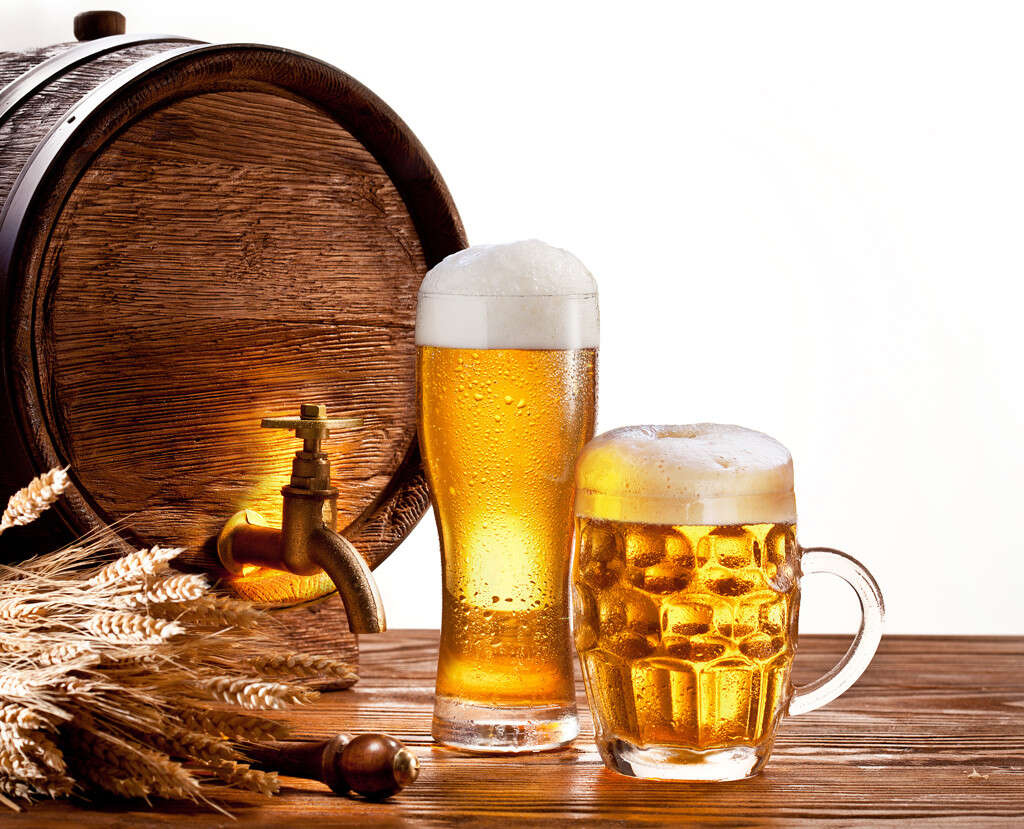
Food #9: Lentils
Lentils belong in the legume family. Other members of the legume family include black beans, navy beans, green beans, and chickpeas. Lentils are very nutritious and contain several health benefits. For instance, they contain protein, fiber, iron, manganese, and healthy carbs. However, because of their high fiber content, they can also cause gas.
Like beans, lentils also contain FODMAPs. The carbohydrates in lentils can cause excessive gas and bloating. Due to its high nutrient profile, eliminating the food could cause more harm than good. Some mays to make lentils more easily digestible include soaking them overnight, or steaming them.

Food #10: Onions
Onions are a great addition to numerous meals as they add flavor. Onions are rarely eaten whole but are very popular in moderate amounts in cooked meals, sandwiches, side dishes, or salads. Although onions are usually eaten in small amounts, onions are one of the main dietary sources of fructans. Fructans are soluble fibers that have been known to cause gas and bloating.
Moreover, some people are very sensitive to other tough compounds in onions. This is especially true of raw onions. Cooking or sautéing the onions may help ease the effects of gas and bloating. For those who are very sensitive to onions, try using fresh herbs as an alternative.








